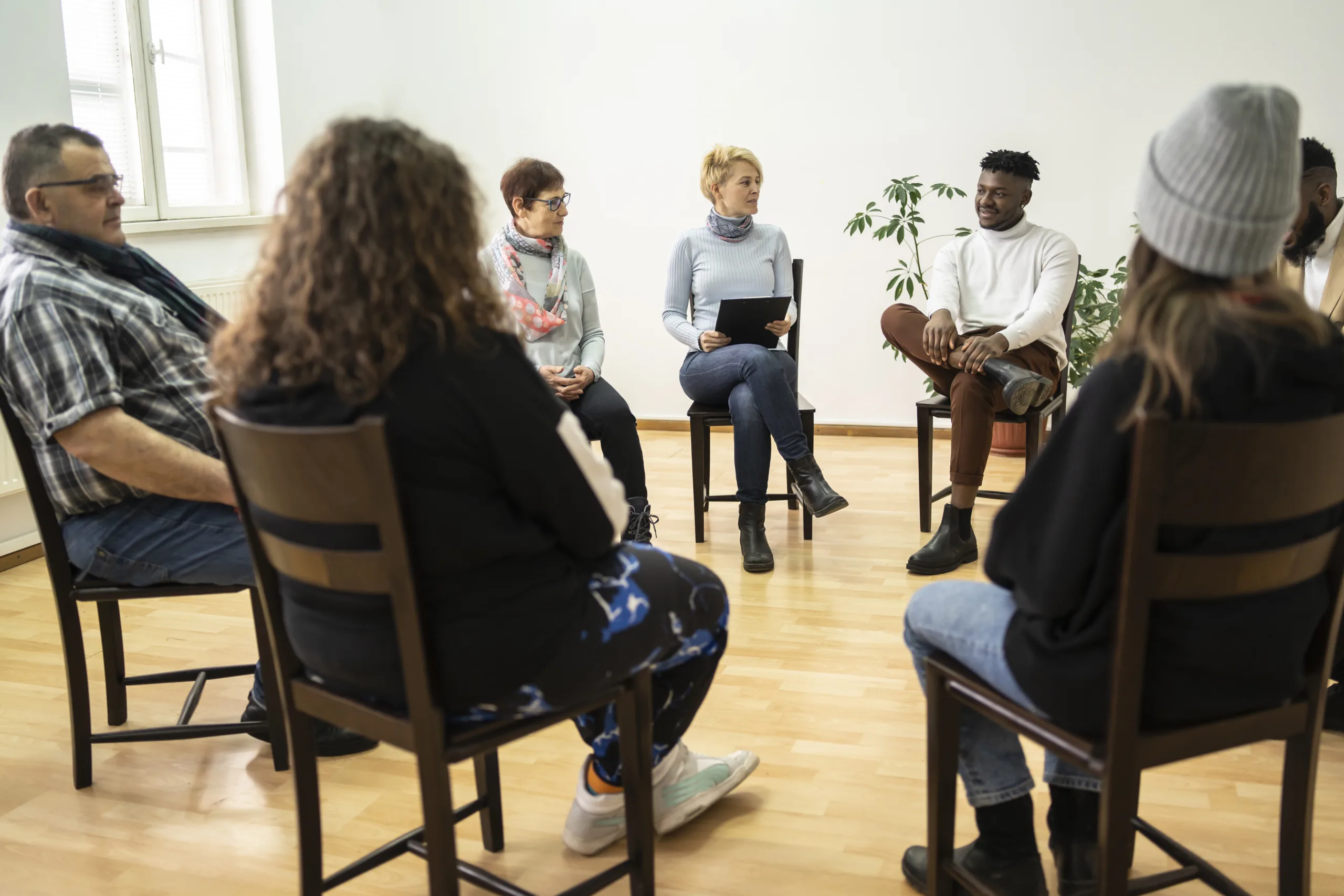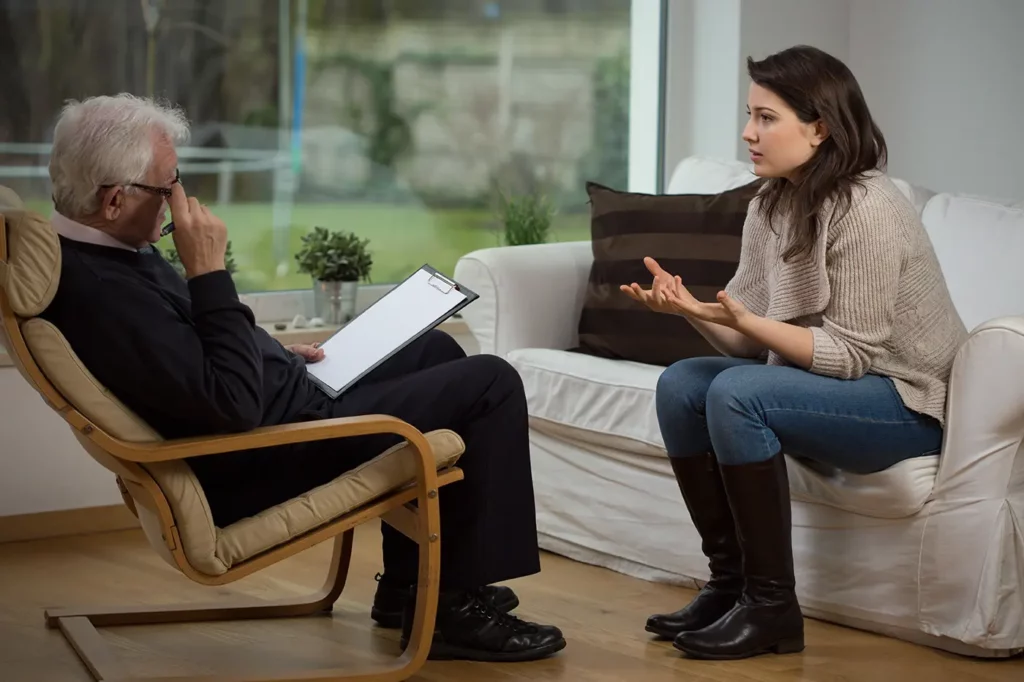24/7 Helpline:
(866) 899-111424/7 Helpline:
(866) 899-1114
Learn more about Opioid Rehab centers in Monrovia
Opioid Rehab in Other Cities

Living Proof Recovery Center
Living Proof Recovery Center is a private rehab located in Monrovia, California. Living Proof Recove...

Garfield Place Transitional Sober Living Home
Garfield Place Transitional Sober Living Home is a private rehab located in Monrovia, California. Ga...

Alcohol Abuse and Addiction Information and Treatment
Alcohol Abuse and Addiction Information and Treatment is a private rehab located in Monrovia, Califo...















Other Insurance Options

Lucent

United Health Care

UnitedHealth Group

WellPoint

BlueCross

Optima

Meritain

Absolute Total Care

Magellan

ComPsych

Covered California

MVP Healthcare

Ambetter

Excellus

Carleon

Holman Group

CareSource

GEHA

Providence

Molina Healthcare